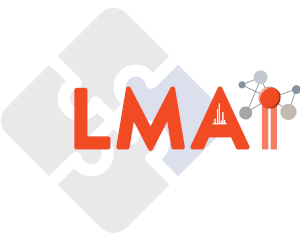
Sider Penkov
PostDoctoral researcher
Sider graduated as a molecular biologist from the Sofia University “St. Kliment Ohridski” in Bulgaria and later on performed his doctoral studies at the Max Planck Institute of Molecular Cell Biology and Genetics (MPI-CBG) in Dresden, Germany. He developed a profound interest in the biology of small molecules such as lipids and other metabolites and how they influence and support diverse processes: developmental transitions, stress resistance, and animal behaviour among others ( Angewandte Chemie 2010, Nature Chemical Biology 2014, Nature Communications 2015). To obtain insight of the modes of action of many diverse small molecules, Sider took advantage of nematode model organisms C. elegans and P. pacificus by combining the available powerful genetic tools with metabolic and biochemical analysis. In his postdoctoral studies at MPI-CBG and, later on, at the Medical Faculty of TU-Dresden, he continued using C. elegans to understand how metabolism and growth/developmental signalling interact to fine-tune transitions from growth to organismal quiescence while also ensuring metabolic homeostasis ( BMC Biology 2020, Aging Cell 2020, Scientific Reports 2018).
Research interests
Currently, as part of the LMAI team at ZML, Sider applies his expertise in biology and metabolism of lipids and small molecules to address important biomedical problems such as the lack of bona fide biomarkers for important clinical conditions involving ischaemia-reperfusion injury (IRI) in stroke, acute kidney injury, etc. As a part of the BMBF FERROPath consortium, he investigates the occurrence of lipidomic rearrangements in IRI affected organs as a result of ferroptosis, a form of regulated cell death stemming from uncontrolled lipid oxidation and membrane ruptures. Ultimately, Sider’s aim is to uncover lipid signatures of IRI and ferroptosis that could serve as a basis for biomarker development for monitoring of disease progression and therapeutic outcomes in IRI-related conditions.














